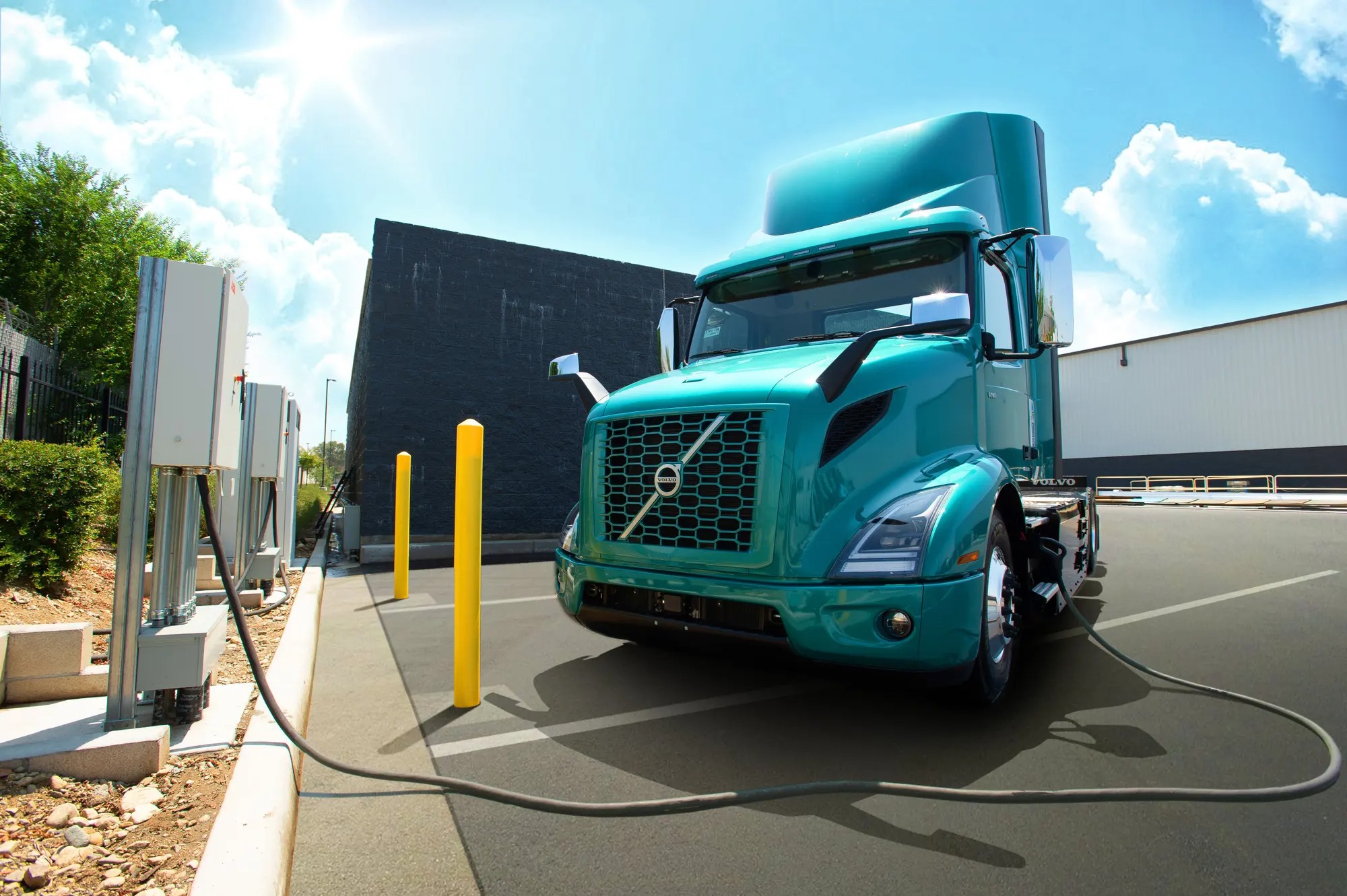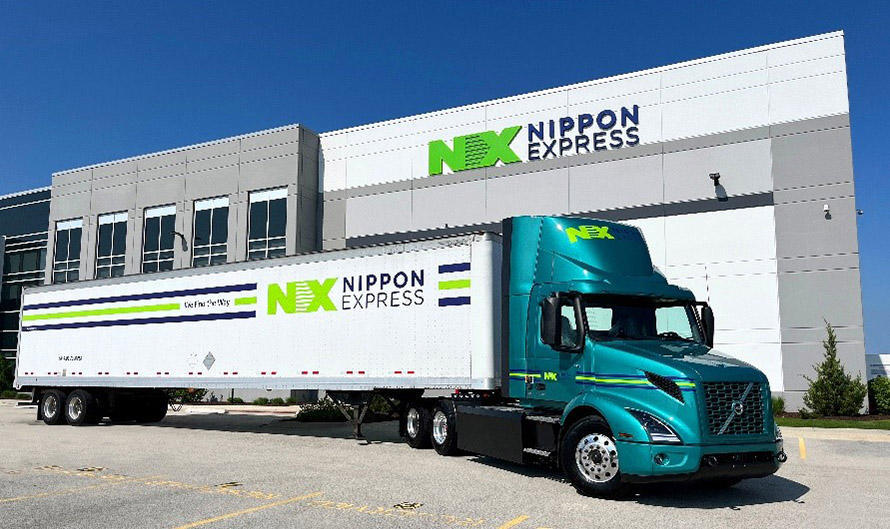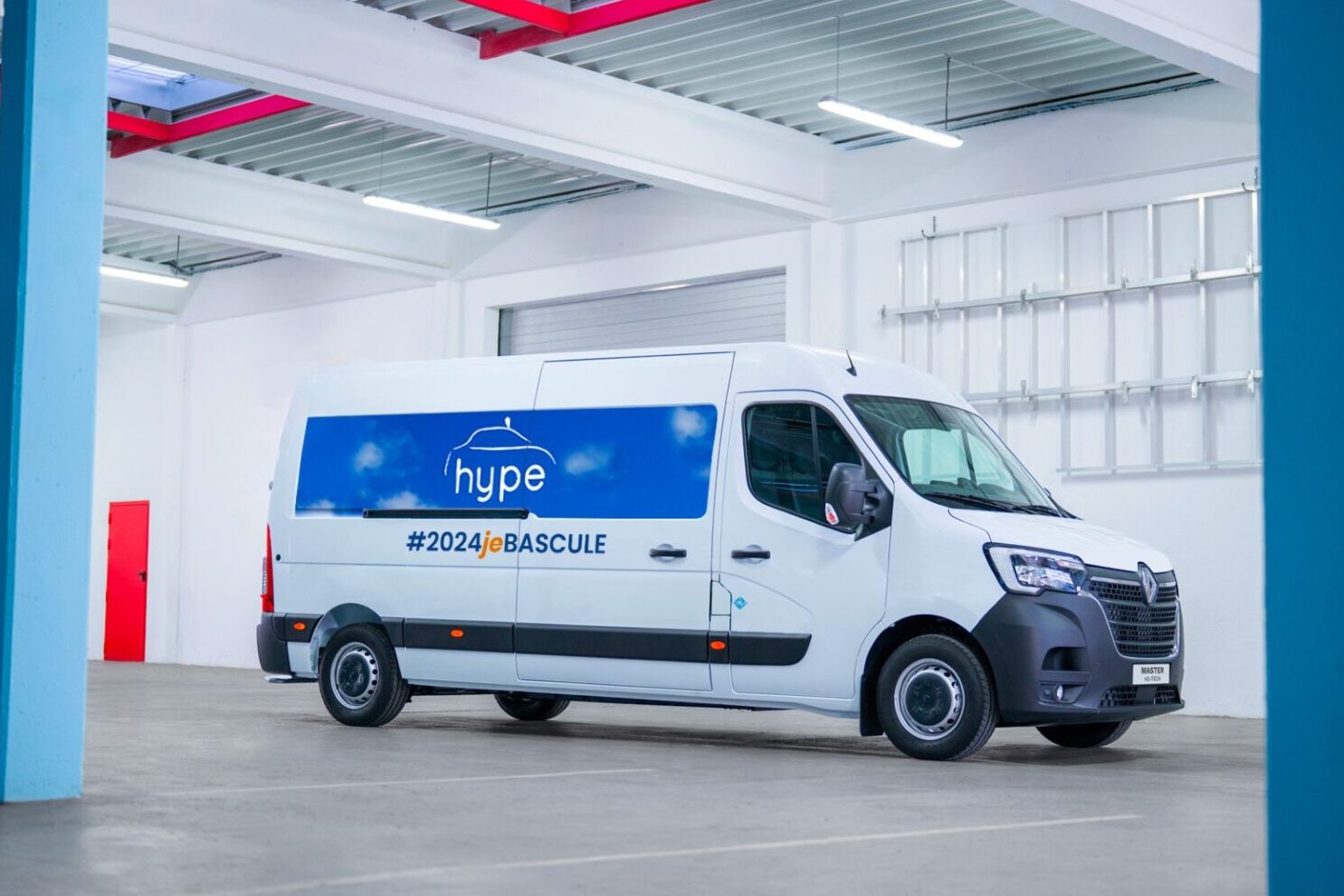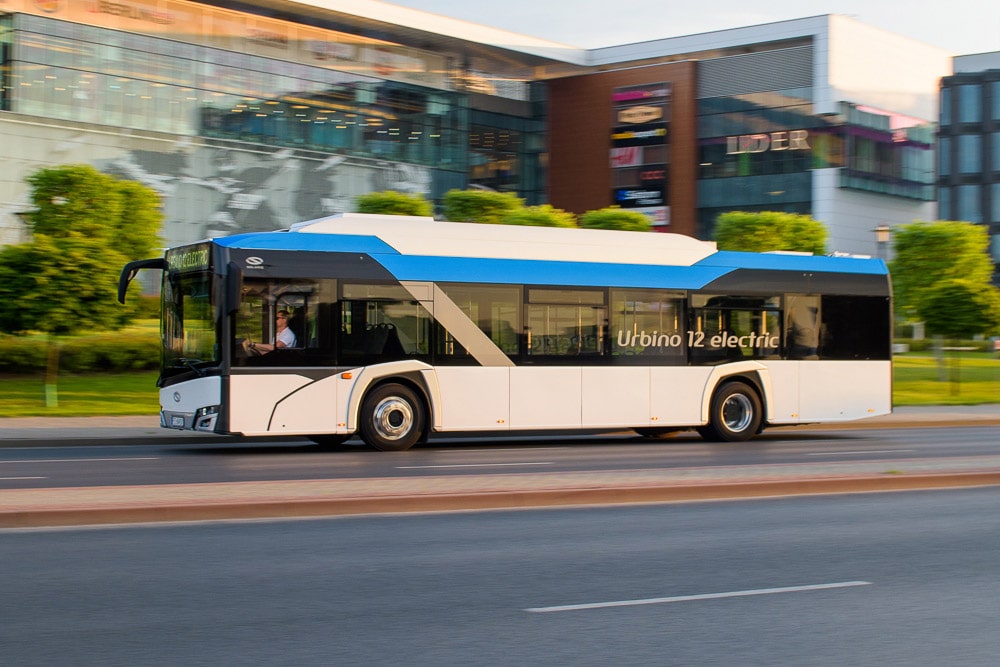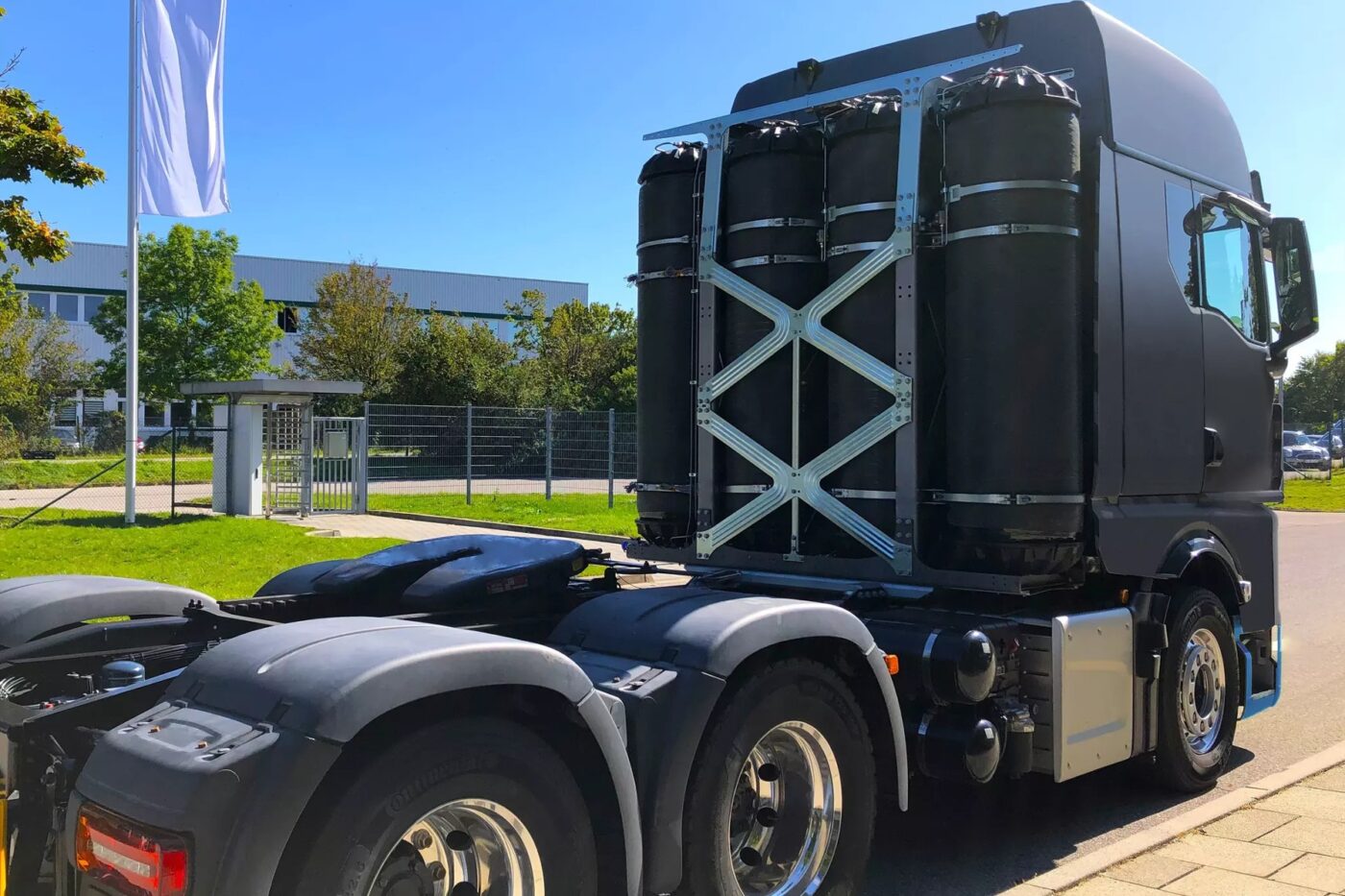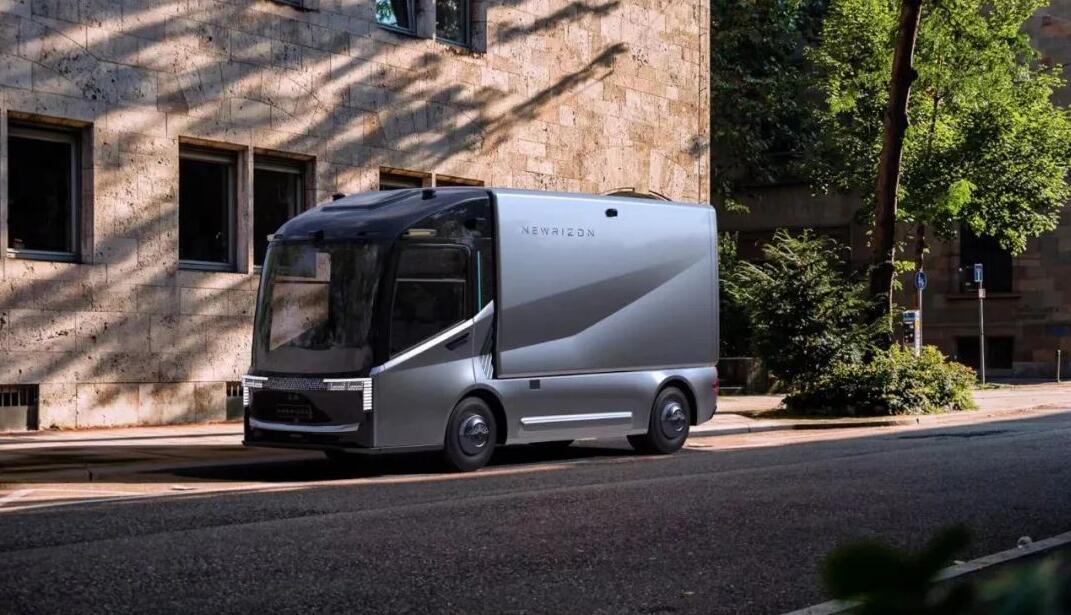In a major development for sustainable transportation, Cellcentric, the fuel cell joint venture between Daimler Truck and Volvo, has revealed its latest innovation—a cutting-edge fuel cell system designed for long-haul trucks in Europe and North America. The new system boasts a compact design, delivering a net output exceeding 350 kW, all while being more lightweight and efficient compared to previous models.
According to Cellcentric, the “Next-gen” fuel cell system marks a significant advancement, offering performance characteristics comparable to conventionally powered long-distance trucks while reducing fuel consumption by 20 percent compared to its predecessor, the BZA150 fuel cell generation.
Key features of the new system include a maximum peak output of 375 kW and a weight of less than 400 kilograms, along with a 30 percent increase in power density. The integration process for trucks has been simplified, thanks to a 40 percent reduction in waste heat at peak load, significantly lowering the truck’s cooling requirements—a strategic enhancement, according to Cellcentric.
Moreover, Cellcentric claims a 40 percent reduction in construction complexity compared to the BZA150, which translates to production efficiency and cost savings for customers. The company also assures that the system is robustly designed for a service life of approximately 25,000 operating hours.
Despite these advancements, the commercial availability of the Cellcentric NextGen system for Daimler Truck and Volvo Group’s fuel cell trucks is slated for “the end of the decade.” In the USA, Cellcentric is focusing on tailoring the system to meet North American transportation requirements, with details on manufacturing and timeline yet to be disclosed.
Nicholas Loughlan, CTO of Cellcentric, expressed enthusiasm, stating, “Cellcentric’s NextGen is a zero-emission heavy-duty long-haul game changer that will allow us to play a significant role in shaping the sustainable transportation transition, also in this important market.”


